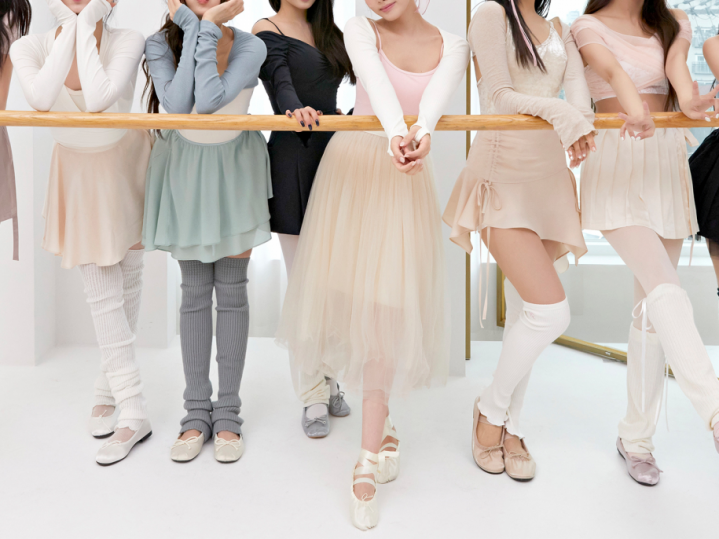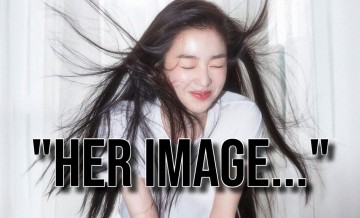Psy Makes The Cover Of Prestigious Economic Journal Milken Institute Review: Article Credits K-Pop For Growth Of South Korean Exports
It might not be the cover of Rolling Stone Magazine, but Psy was featured on the front page of the quarterly issue of the Milken Institute Review this week.
Entitled "K-Pop Rules: The Rise Of Soft Economic Power," the article published by the Santa Monica, Calif. economic think tank makes the case that K-pop has helped promote South Korean products worldwide.
"Korea's pop-culture exports, worth $137 million in 2011, are a drop in a $500 billion-plus bucket," writes former Billboard Magazine Korean correspondent Mark James Russell. "But there is solid evidence that pop culture has a halo effect, elevating Korea's "brand" and boosting the appeal of a wide array of Korean goods."
Russell cites a 2012 survey of 300 Korean companies conducted by the Korean Chamber of Commerce and Industry that found that 52 percent of those interviewed believed the success of Korean pop culture had helped them increase their sales abroad.
The "soft economic power" alluded to in the article's title is the ability for a nation's culture (music, fashion, films) to improve their international economic standing, in contrast to hard power (weapons, military might).
The former entertainment correspondent, who is the author of the book Pop Goes Korea, lays out a concise history of K-pop, with significant credit as most fans would expect, given to Seo Taiji and Boys, the first official K-pop boy band.
"By 1975, Korea's strongman, Park Chung-hee...launched the Campaign for the Purification of Pop Music," Russell recounts. "Dozens of singers and other entertainers were rounded up (nominally for marijuana use) and blackballed from stage and media. It would be years before Korean pop music recovered; when it did, performers would be far more careful about saying or doing anything that might raise the ire of the men with the automatic weapons."
"Thus, while Korea built a pop music scene of sorts, it did not resemble K-pop until the freer days of 1993, when a high-energy hip-hop trio called Seo Taiji and Boys rewrote the rules. With their breakdancing, baggy clothes and New Jack rhythms, the band inspired a Beatles-like mania never before seen in Korea."
"There are two eras in Korean music: before Seo Taiji and after Seo Taiji," said one former music executive.
Read the rest of Mark James Russell's Milken Institute Review Article "K-Pop Rules: The Rise Of Soft Economic Power" RIGHT HERE
















